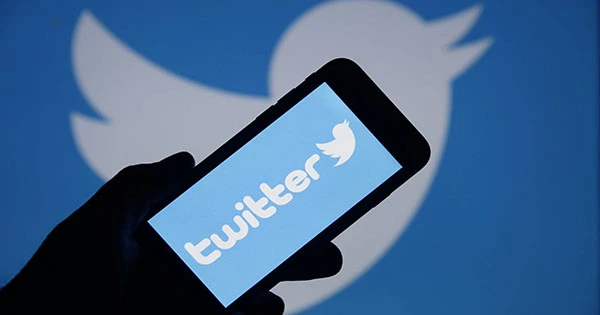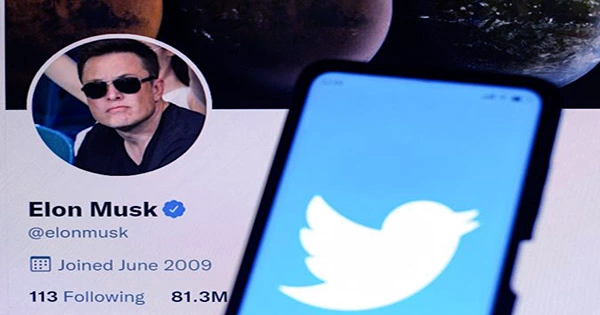Much has been written about Elon Musk’s proposal to buy Twitter, which, despite Morgan Stanley’s support and the permission of Twitter’s board of directors, is now on shaky ground. The prospective acquisition’s security ramifications, as well as Musk’s potential approaches to content control and, on a related topic, his view of the idea of “free speech,” have been the focus of reporting and punditry. However, another crucial part of the agreement has gotten far less attention: how Twitter’s data access policy for research may alter under a Musk administration.
Researchers haven’t always had a warm relationship with Twitter. However, in recent years, the social network has made progress in opening up its archives, even as competitors have done the opposite. Twitter said in January 2021 that university scholars were one of the most active users of its API. Some academics are concerned that Musk does not share the same dedication to open data access, especially given his prior hostility against reporting that casts his companies (including Tesla) in a negative light. So far, Twitter has been the only big site that has made data readily available to academics. In reaction to news about Tesla vehicle disasters, Tesla labor concerns, and Musk’s connection with Wall Street, Musk promised to develop a website to grade the “core truth” of articles and journalists, but he never did.

Mor Naaman, an information science professor at Cornell Tech, sees a future in which Musk is antagonistic to academics who expose Twitter’s “challenges and shortcomings.” “As a privately held business under Musk, I am dubious that Twitter will continue to strive for accountability,” Naaman, who has worked with Twitter data since 2009, told TechCrunch via email. “I don’t think research like ours on [previous President Donald Trump’s] Stop the Steal campaign — and the data we gathered from Twitter and made accessible to other researchers, which has been utilized in 12 different articles since last year — would be permitted under Musk.”
Second, I doubt that internal teams examining the company’s systems for ethics and prejudice will continue to operate successfully, let alone share their results publicly. “If they continue to publish, these journals will have a considerably harder time overcoming the already-existing notion that platforms publishing their own research articles are biased in favor of corporations.” Musk has promised, among other things, to “fight spam bots” on Twitter, which appears to be a reference to the rogue accounts that spread disinformation and create frauds. But, as Orestis Papakyriakopoulos, a postdoctoral researcher at Princeton, pointed out to TechCrunch via email, not all bots are destructive.
















